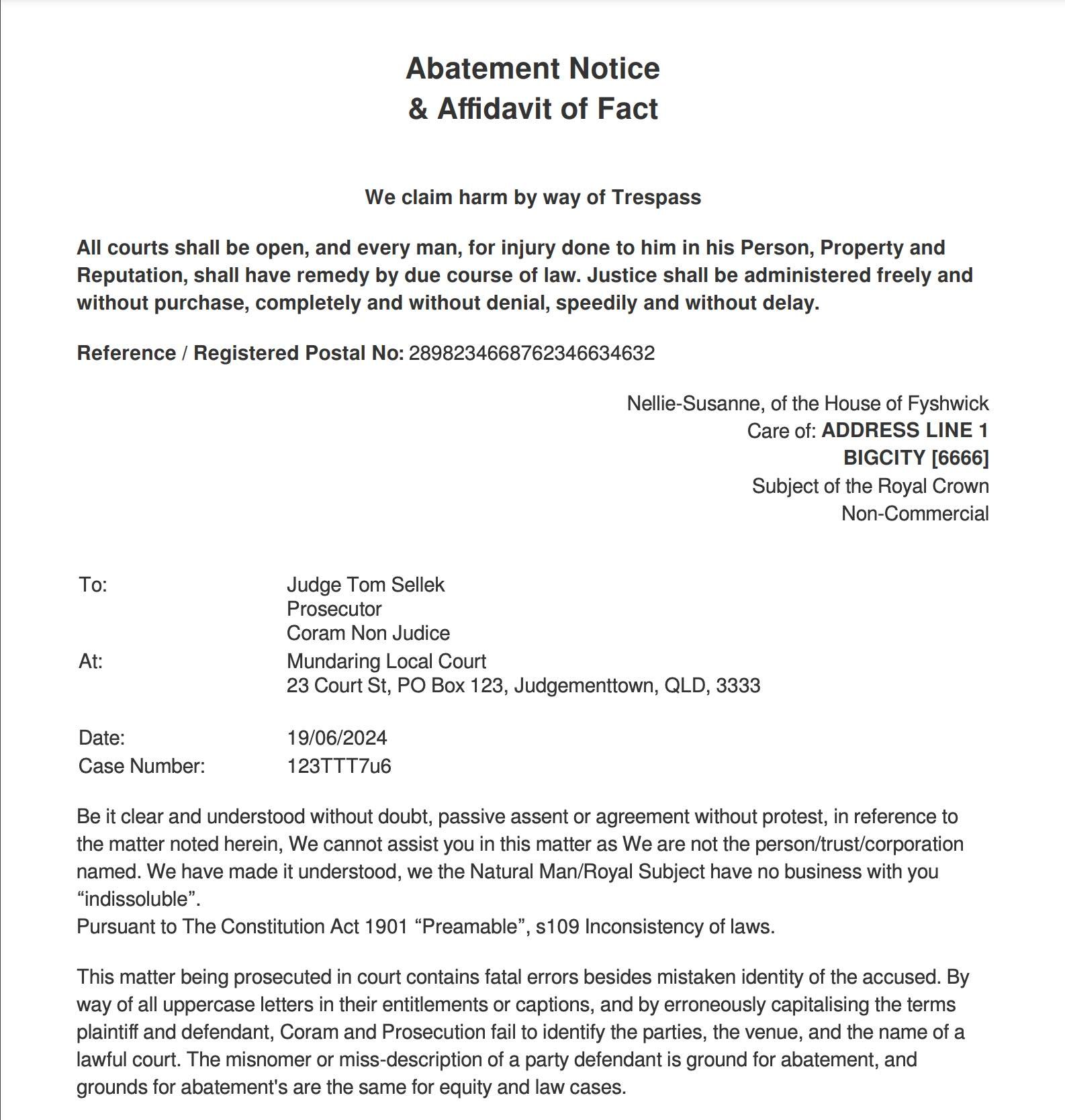| Australian Act 1909 – Section | UK Act 1882 – Equivalent(s) | Topic | Notes |
|---|---|---|---|
| s 6 | (No equivalent) | Application of Act | AU-specific; establishes national applicability |
| s 7 | (No equivalent) | Application of State laws | Reflects Australian federalism; no UK equivalent |
| s 8 | s 3 | Definition of a bill of exchange | Text is nearly identical in both Acts |
| s 22 | ss 14, 20, 42 | Requisites of acceptance |
UK splits this topic across: – s 14: types of acceptance – s 20: presentment – s 42: dishonour by non-acceptance |
| s 37 | s 32 | Requisites of valid indorsement | Identical wording regarding endorsement form and completeness |
| s 48 | s 42 | Dishonour by non-acceptance | Both define dishonour when valid acceptance is not obtained |
| s 59 | s 54 | Liability of the acceptor | Acceptors are primarily liable; same wording |
| s 60 | s 55 | Liability of drawer or indorser | Equivalent duties and available defences |
| s 62 | ss 57, 58 | Measure of damages | AU s 62 consolidates UK s 57 (holder’s rights) and s 58 (inter-party liabilities) |
100 rebuttal questions that challenge a non-acceptance of a legitimate signed cheque
Here are 100 rebuttal questions that challenge a non-acceptance of a legitimate signed cheque pursuant to the Bills of Exchange Act 1909 (Cth). These questions serve to critically assess the validity, authenticity, and proper...

